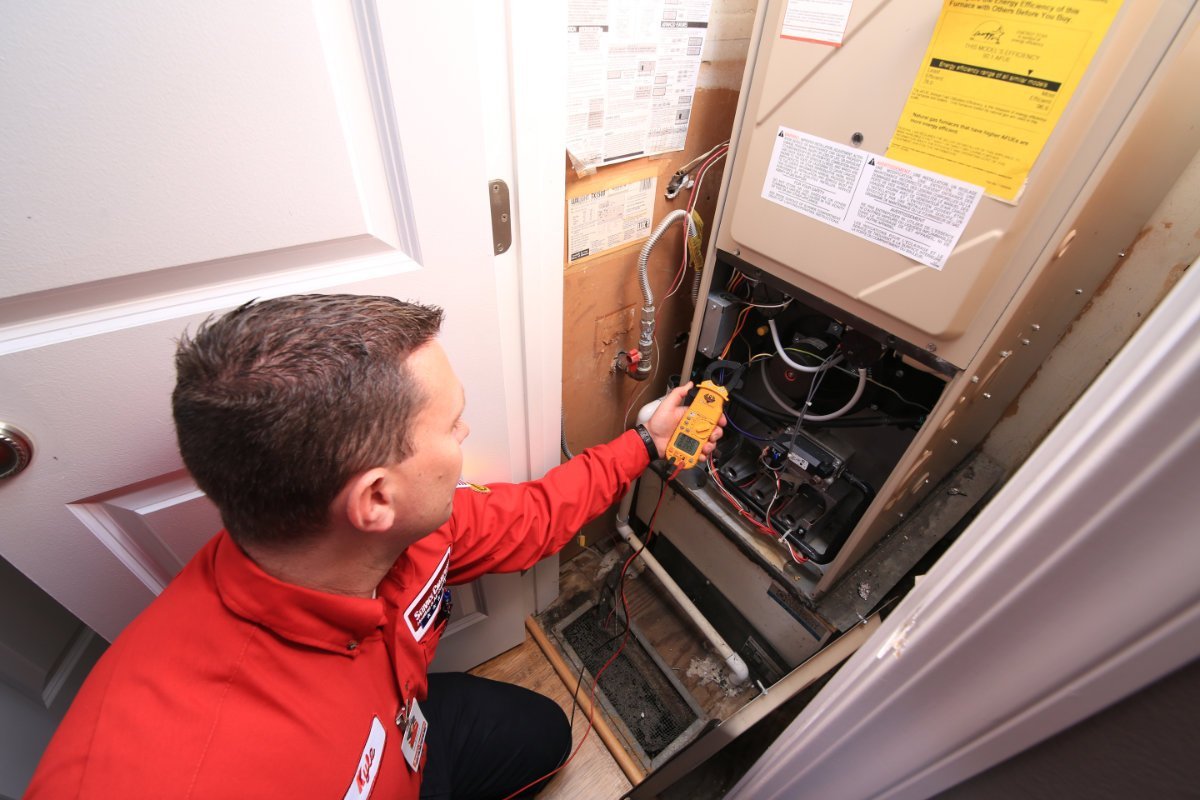
Discover when it's time to change your HEATING AND COOLING system and what to know before you purchase.
Whether you live in a warm or cold climate, it's constantly a good idea to take a look at your heating, ventilation and cooling (A/C) system.
How do you understand if you need a brand-new system-- and what do you require to understand before purchasing a brand-new HVAC system to make a smart purchase?
When to Replace
You might need to replace your system if any of these indications happen:
- You see a spike or upward pattern in your energy bills.
- You're paying for frequent repairs.
- Your home isn't as comfortable as you would like it to be; maybe it has locations or cold spots, is too dry or too humid, or has large temperature level swings.
- Your boiler, heating system or air conditioning system is more than 12 years of ages.
Follow these general guidelines to approximate the life-span of your system: Condensers and air handlers usually last 12 to 17 years; boilers generally last 15 to 25 years; and heating systems can last 15 to twenty years.
Get in touch with somebody well-informed and reliable to help you comprehend whether you require to change any part of your system. The majority of A/C companies provide a no-cost examination of your present system and will go over options.
What to Ask
To identify if you require a brand-new A/C system, address the following concerns:
1) How crucial is energy efficiency to you?
There are a lot of measurements for efficiency, and each system has its own kind of measurement. It's always a sure thing to pick an ENERGY STAR-certified system.
2) What's the roi?
There's generally a seven-to-15-year repayment duration for a new condenser, air handler, boiler or furnace. Having these new products will help increase your house's resale value.
3) What size unit do I require?
Size is determined with a load calculation. For instance, the boiler estimation is based upon the number and size of radiators and baseboards. A/c, heat pump and heating system loads are based primarily on cubic video footage, but there are other factors, consisting of the direction your home deals with, insulation, and the size, type and number of windows you have. Needless to say, it gets made complex. HEATING AND COOLING specialists have software that can carry out the computation for you.
4) Are there other costs related to setup?
There could be added expenses, best furnace service if, for example, somebody requires to upgrade their electrical panel to accommodate the Air Conditioner system. Consider if you desire a humidifier or air purifier-- an excellent idea if someone in the home has allergic reactions, asthma, dry skin or bloody noses.
5) What system is best for me?
This answer depends upon your budget and the convenience you desire. A higher-end system will be more effective, give you more of even temperature levels throughout your home and have less humidity swings, Kenyon states.
You may likewise consider your roi. If you're going to be in your home for twenty years, you may desire to invest more for a higher-end system.